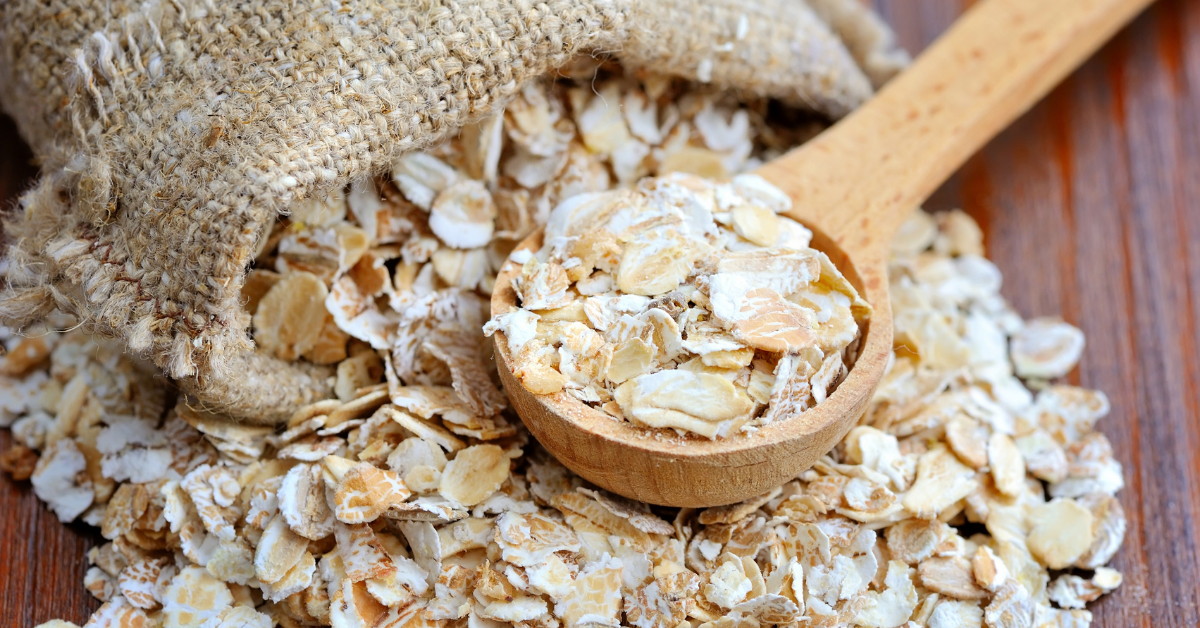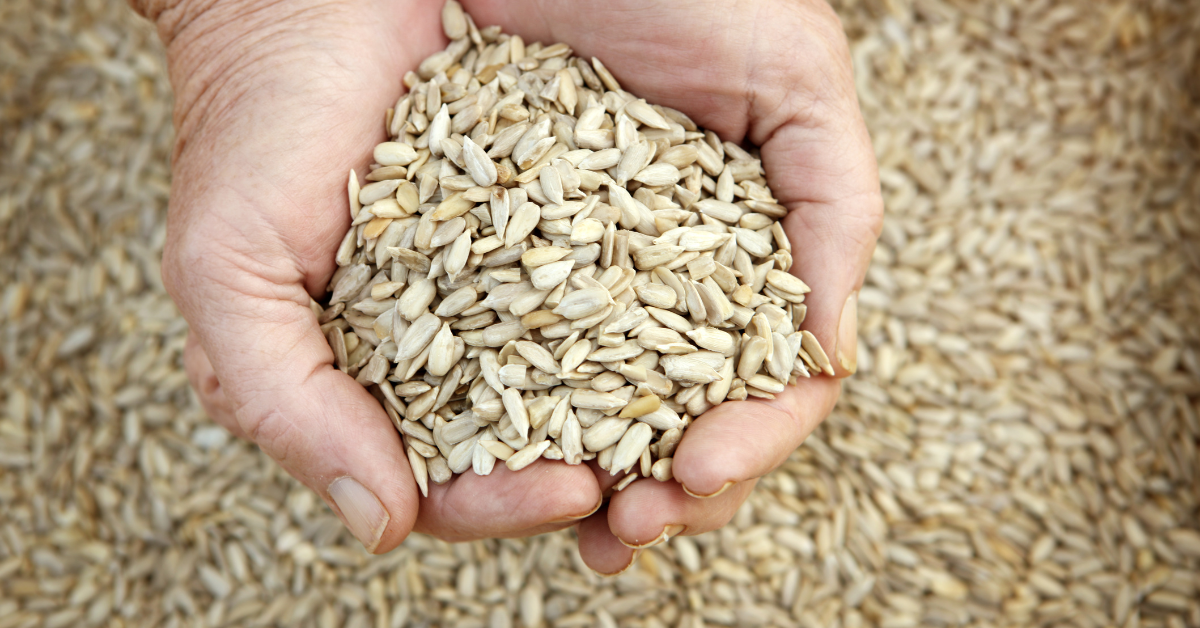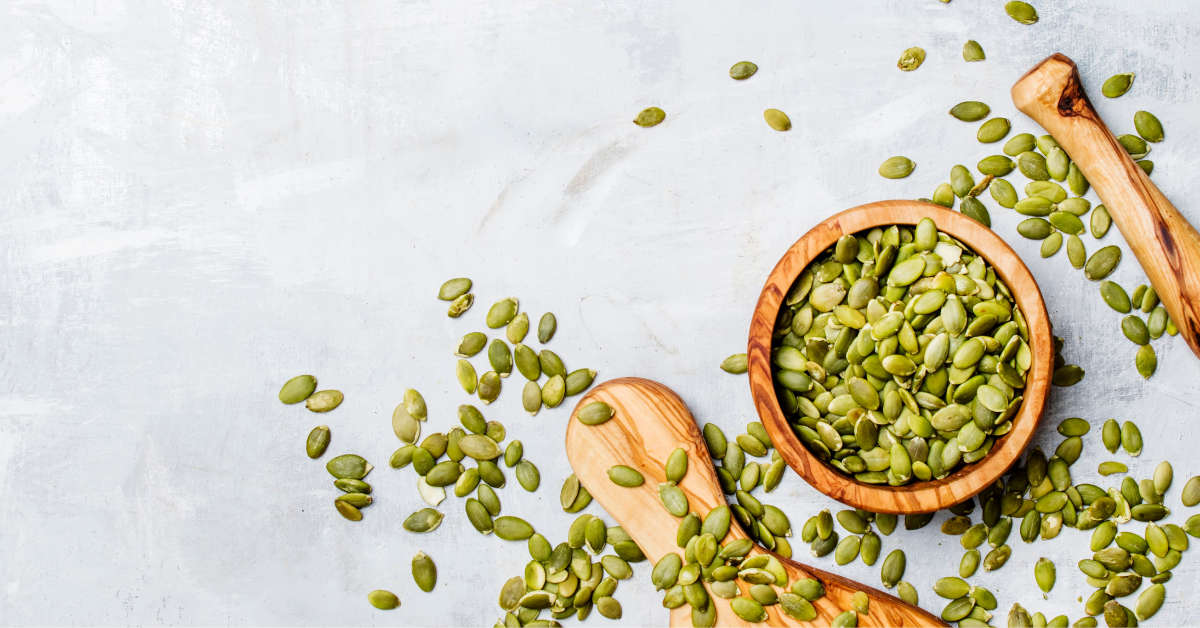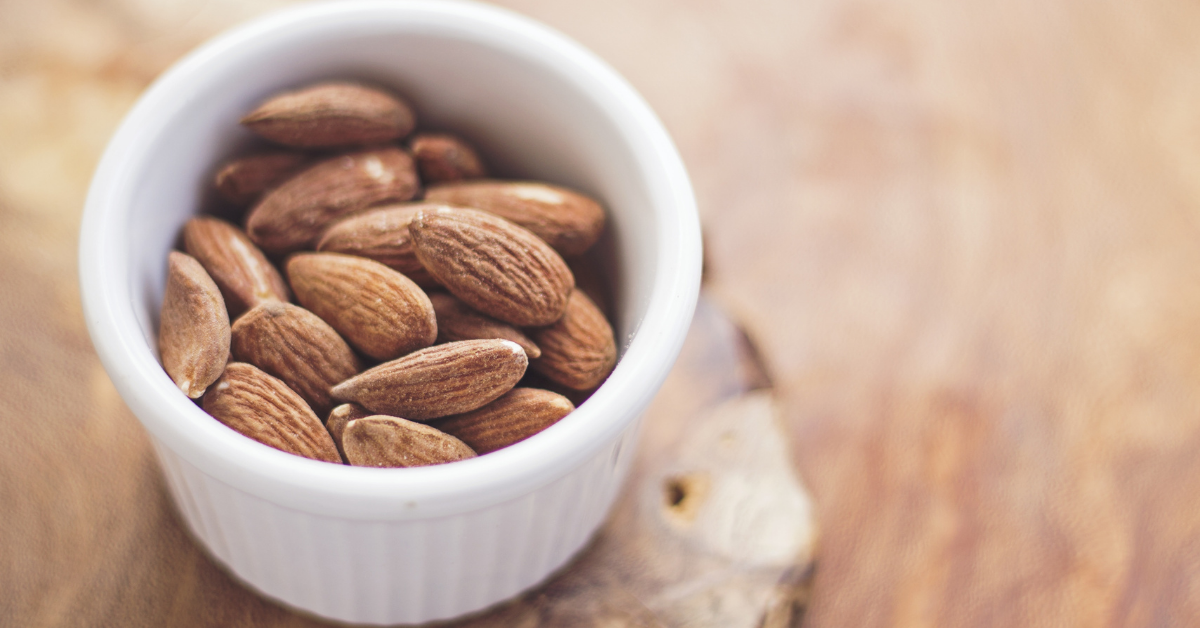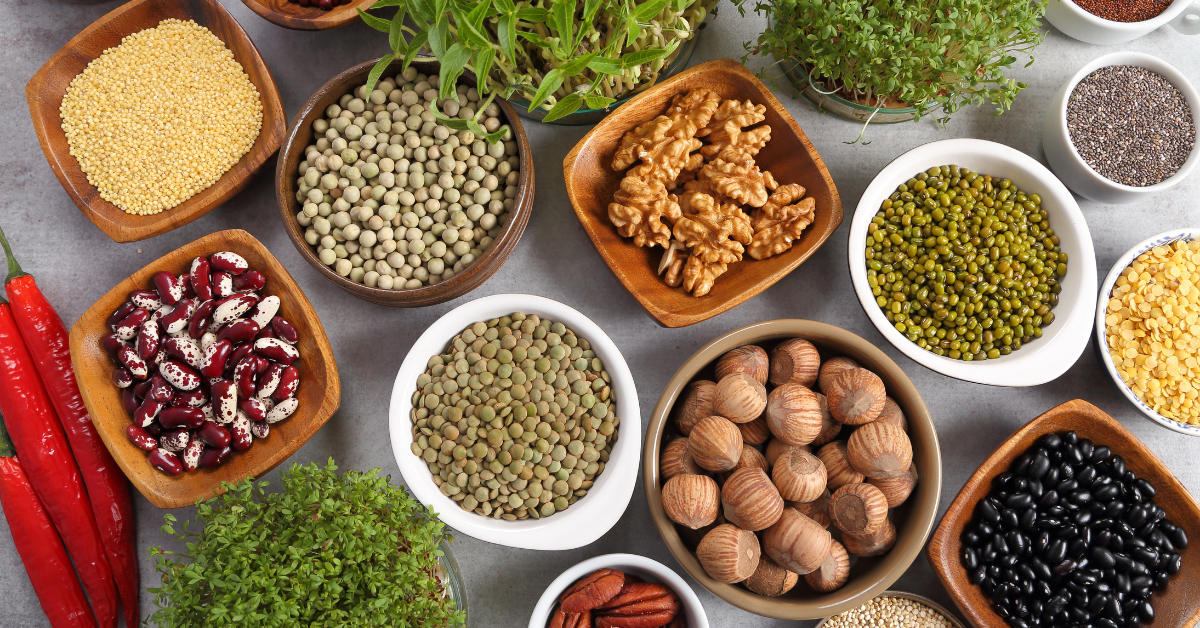Articles
Oats are one of the most versatile and nourishing cupboard staples you can buy. They are affordable, filling, easy to cook with and incredibly adaptable, showing up in everything from comforting breakfasts to baking, savoury dishes and even smoothies.
If you have ever stood looking at rolled oats, jumbo oats, pinhead oats, oat bran and oat flour wondering what the difference actually is, you are not alone. While they all come from the same whole oat grain, the way they are processed changes how they cook, taste and work in recipes.
In this article, we break down the main types of oats you can buy, explain their nutritional benefits, and share practical ideas for how to use each one.
Read More »Sunflower seeds are a simple, everyday ingredient that deserve a little more attention. Mild in flavour, satisfying in texture and easy to use, they slot effortlessly into both sweet and savoury dishes.
Whether you are sprinkling them over meals, blending them into recipes or using them as a base for snacks, sunflower seeds are a great way to add crunch, nourishment and variety. In this article, we share ten easy and tasty ways to use sunflower seeds in everyday cooking.
Read More »If you have ever felt like getting healthier means completely overhauling your life, spending lots of money, or having endless motivation, you are not alone. Most of us want to feel better, have more energy, and look after our health, but real life does not always make that easy.
The truth is, lasting change rarely comes from extreme plans or perfection. It usually comes from small, realistic habits that fit into everyday life and feel kind rather than punishing. These little changes may seem simple, but over time they can make a big difference to how you eat, move, and feel.
Here are 20 gentle, affordable ways to support your diet, movement and overall wellbeing.
Read More »Fibre is one of the most undervalued nutrients in the modern diet, yet it plays a powerful role in almost every aspect of health – from digestion and blood sugar control to heart health and long-term disease prevention. Most people know fibre is “good for digestion,” but far fewer understand that not all fibre works the same way. In fact, there are two distinct types – soluble and insoluble fibre – and each provides different, essential benefits.
In this in-depth article, we’ll explore what these fibres are, how they function inside the body, and how to easily include both types using everyday whole foods found at Healthy Supplies.
Read More »Energy is the foundation of a healthy life. It fuels everything we do — from getting out of bed in the morning to maintaining focus at work, exercising, and even recovering afterwards. Yet many people find that their energy fluctuates throughout the year. In winter, fatigue can creep in with shorter days and less sunlight. Spring brings renewed motivation but also seasonal allergies and stress on the immune system. Summer can deplete minerals through heat and activity, while autumn often tests our immune resilience once more.
Your body’s energy levels are directly linked to the nutrients you take in. Vitamins and minerals act like small but powerful switches that turn food into usable fuel, support oxygen transport, balance hormones, and protect cells from stress. When you are low in even one or two key nutrients, it can feel like your energy “battery” never quite charges.
By paying attention to what your body needs through the changing seasons, you can maintain consistent energy and resilience. Below are ten of the most important vitamins and minerals that work together to keep you feeling energised, clear-headed, and strong all year round — with practical tips on how to include them in your diet or supplement routine.
Below are ten of the most important vitamins and minerals for maintaining energy and vitality all year long.
Read More »Pumpkin seeds, also known as pepitas, are more than just a crunchy topping for salads or a seasonal snack at Halloween. These small seeds are packed with nutrients, rich in history, and full of surprising qualities that many people are unaware of. Whether you enjoy them roasted, raw, or as an oil, pumpkin seeds offer benefits and stories worth exploring.
In this article, we uncover some fascinating facts about pumpkin seeds that may change the way you see them.
Read More »Almonds aren’t just a crunchy, satisfying snack – they’re also a heart-healthy powerhouse backed by science. Packed with nutrients like healthy fats, fibre, plant protein, vitamins, and minerals, almonds have been studied extensively for their positive effects on cardiovascular health and cholesterol management.
In this article, we’ll explore how almonds benefit your heart, their role in lowering “bad” cholesterol, and practical ways to include them in your diet.
Read More »As the days get shorter and the air turns crisp, there’s no better time to stock your cupboards with healthy, wholesome foods that provide warmth and sustained energy. Focusing on wholefoods that are high in fibre and protein is a smart, budget-friendly approach to cooking for the season. By buying in bulk, you can ensure your pantry is well-stocked for a fraction of the price. Here are ten incredible wholefoods perfect for autumn, all available at Healthy Supplies.
Read More »Getting back into the school routine can be tough, but having tasty and healthy snacks on hand makes it so much easier. Here are five simple snack ideas that will keep your children fuelled and happy throughout the school day, with products you can find at Healthy Supplies.
Read More »
Staying hydrated is crucial for your overall health, playing a key role in everything from maintaining energy levels to supporting organ function. Here are five simple and effective ways to ensure you’re drinking enough water throughout the day.
Read More »
